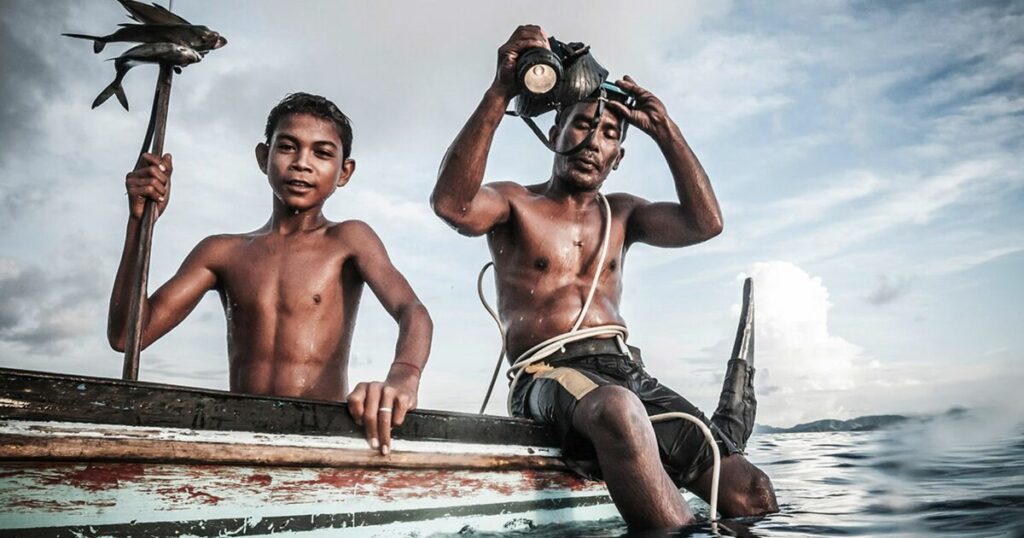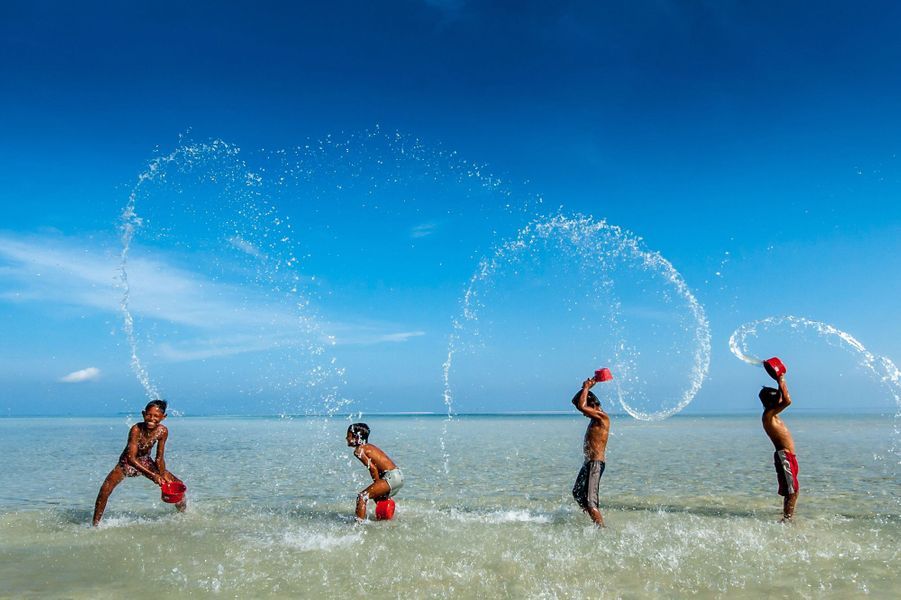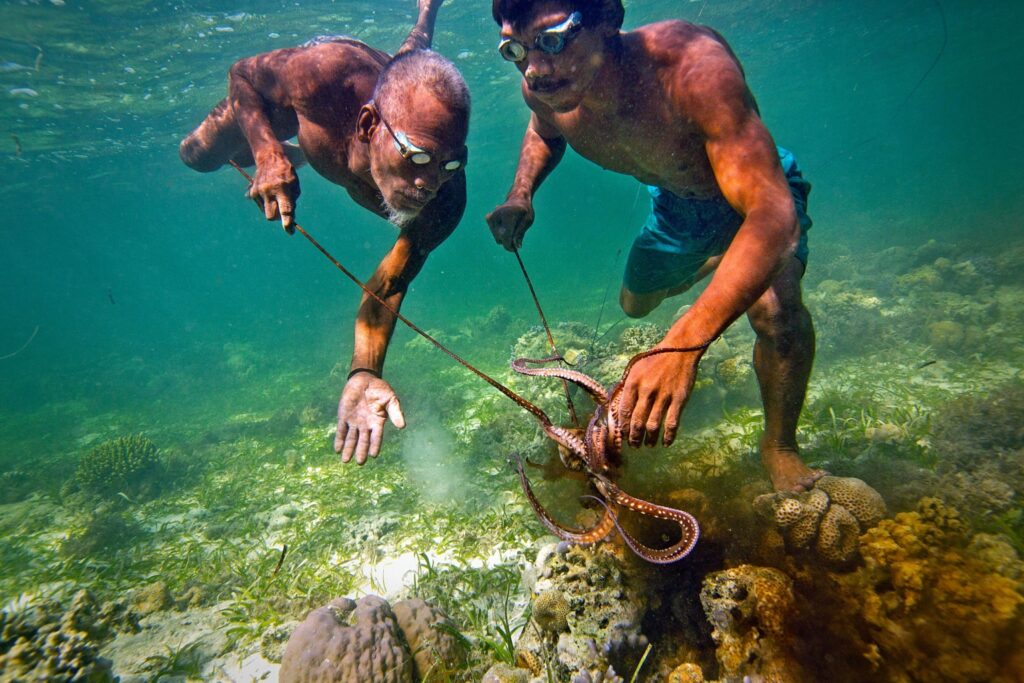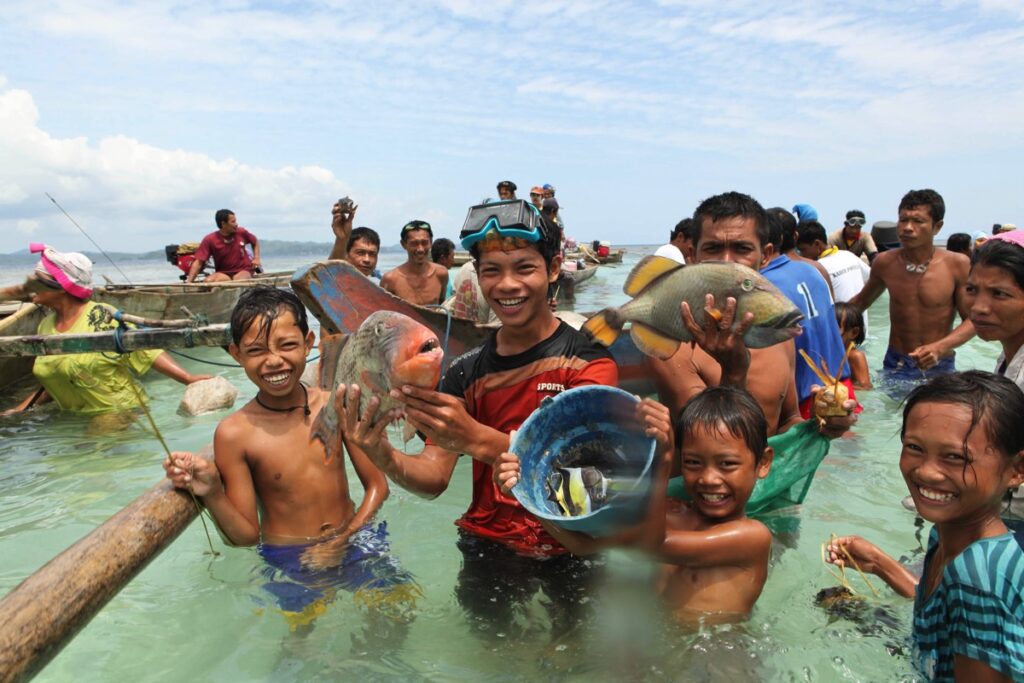Adverts

If you submerge your face in a tub of water, your body will trigger what's called the dive response.
Adverts
But this includes a slowing of the heart rate, the contraction of blood vessels, and the contraction of the spleen to conserve energy when oxygen is scarce.
Most people can hold their breath underwater for a few seconds, but the Bajau, nomads who inhabit the waters around the Philippines, Malaysia and Indonesia, can remain submerged for up to 13 minutes at depths of around 60 meters.
Adverts
The Bajau DNA Enigma

A recent study published in the journal Cell has brought to light early evidence that a genetic mutation that resulted in larger spleens gave the Bajau a genetic advantage for living at depth.
But this research was led by Melissa Llardo of the Center for Geogenetics at the University of Copenhagen.
Then she discovered that the average spleen size of the Bajau was 50% larger than that of individuals from a control group, the Saluan, who live on the Indonesian mainland.
The research also identified a gene called PDE10A in the Bajau, associated with spleen size in mouse studies.
But the team believes that this genetic characteristic has developed over the thousand years of Bajau history in the region.
Submerged Challenges

Although the spleen may explain part of the Bajau's exceptional diving ability, other factors may also be involved.
The increasing pressure at depth causes the blood vessels in the lungs to fill with blood.
Thus, genetic adaptations and training can help prevent these vessels from rupturing.
Medical Implications and Threats to Bajau Culture

Discoveries about the Bajau could not only help unlock the mystery of their diving ability, but also have important medical implications.
So the diving response is similar to a condition called acute hypoxia, which is a frequent cause of death in emergency rooms.
But studying the Bajau can provide valuable insights into this condition.
However, the nomadic sea lifestyle of the Bajau is threatened.
They face marginalization and loss of citizenship rights, and industrial fishing is depleting their natural resources.
But this unique culture and its lessons about human health could disappear if they do not receive support to preserve their ancient way of life.




